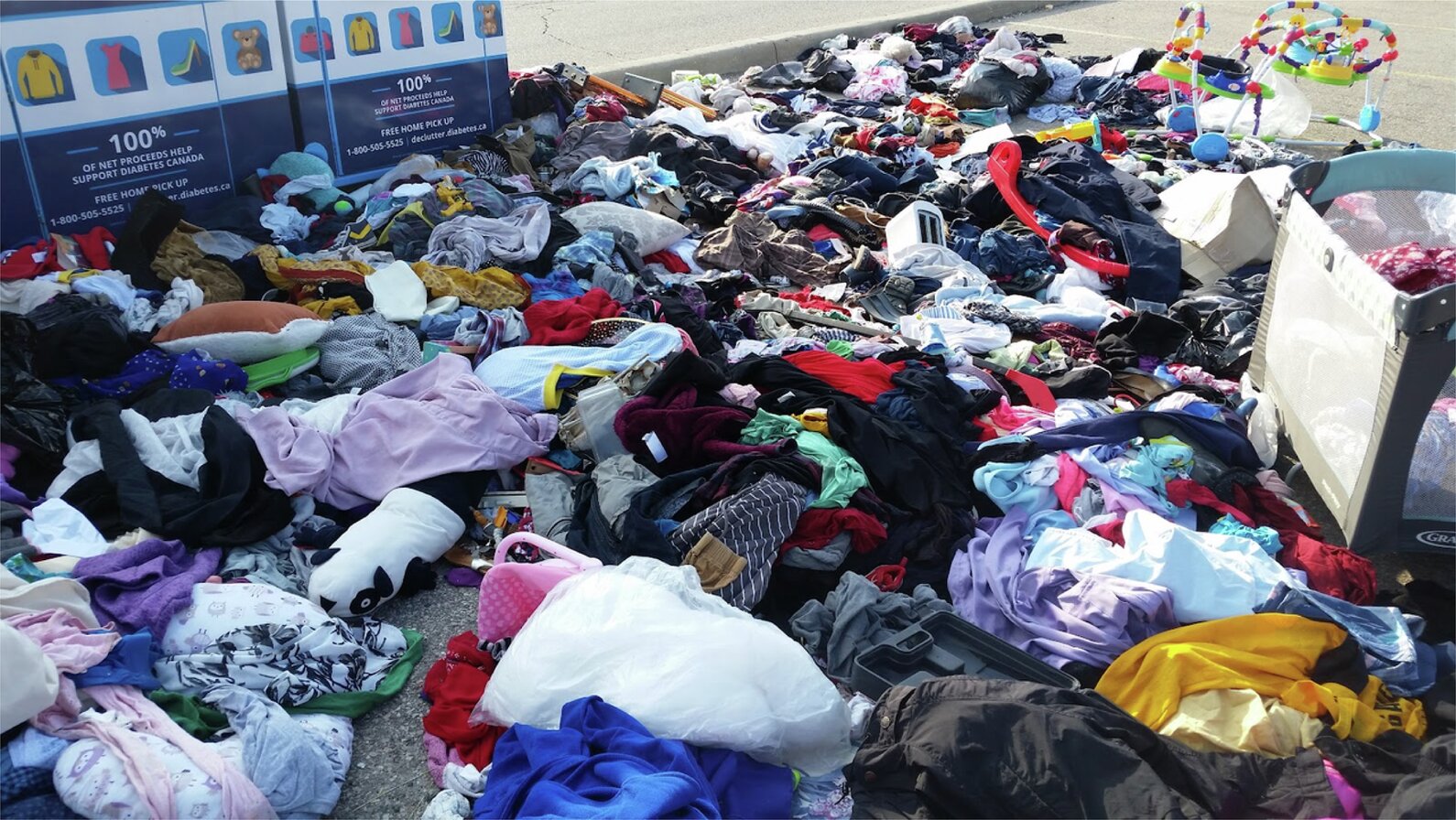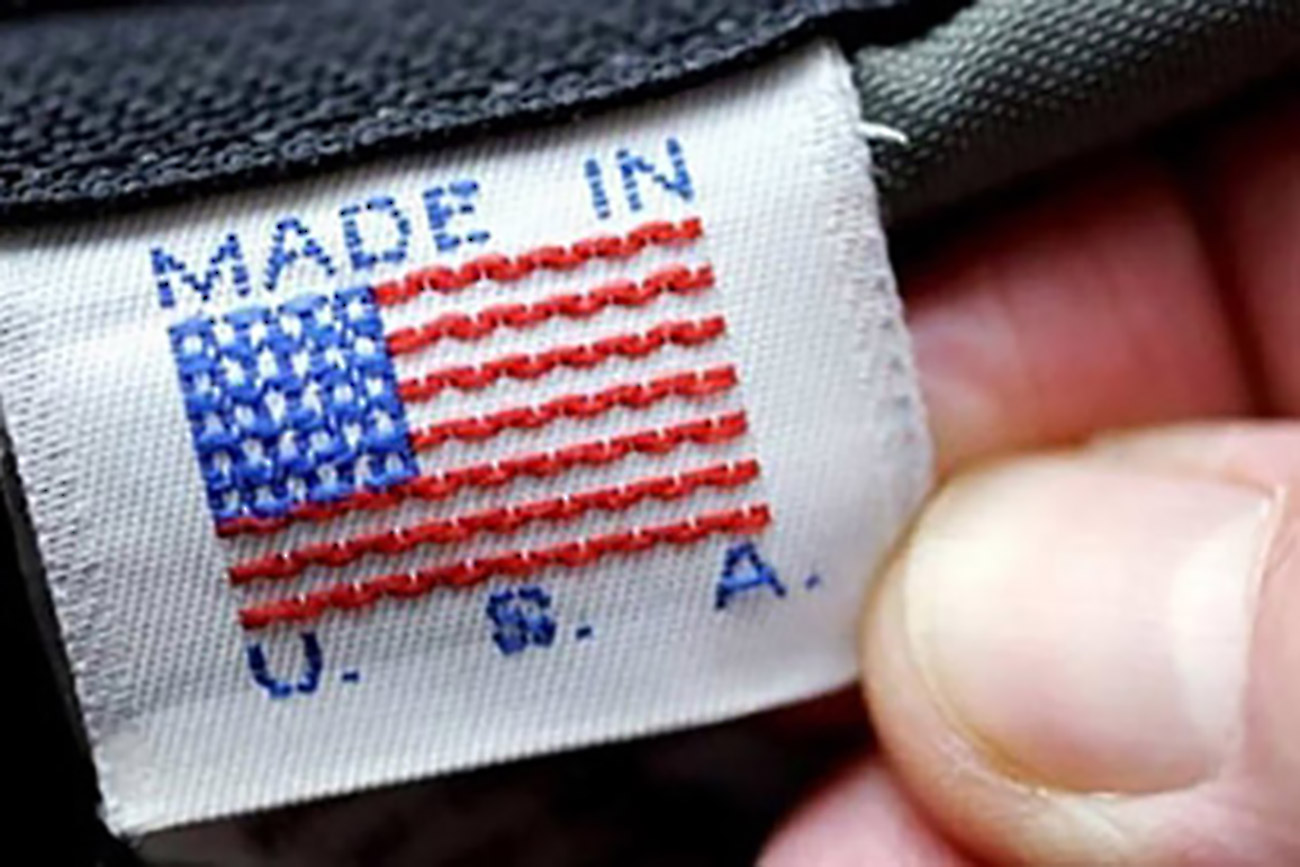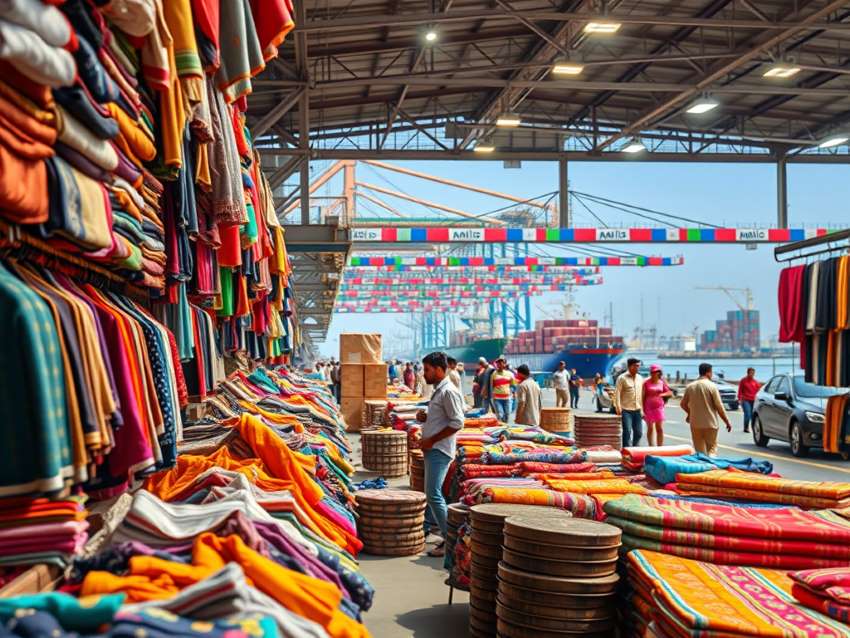Cambodia has raised the minimum wage for textile, garment, and footwear workers.
In addition to the minimum wage, workers will also receive attendance bonus, travel and accommodation expenses, meal allowances and overtime and seniority bonus. Workers who are paid based on productivity can earn more than the minimum wage; however, if the amount they produce earns them less than the minimum wage, then the employer has to add the remainder.
The textile, garment, and footwear industries are the lifeline of Cambodia’s economy. These industries are the country’s largest employers with over 7,00,000 workers and represent 80 per cent of total export earnings. Cambodia’s exports of textile-related products increased 15 per cent in 2021 from 2020. The industries suffered at the height of the pandemic. Nearly half of all factories in the first half of 2020 had to halt production, either temporarily or permanently.
Cambodia wants to develop textile, garment, and footwear manufacturing into sustainable, high-value-added industries, capable of supporting economic diversification. The strategy focuses on strengthening human resource capabilities and productivity and creating better career paths for workers, improving worker welfare and working conditions, increasing foreign and domestic investment with a focus on producing high-end products and developing new export markets.












